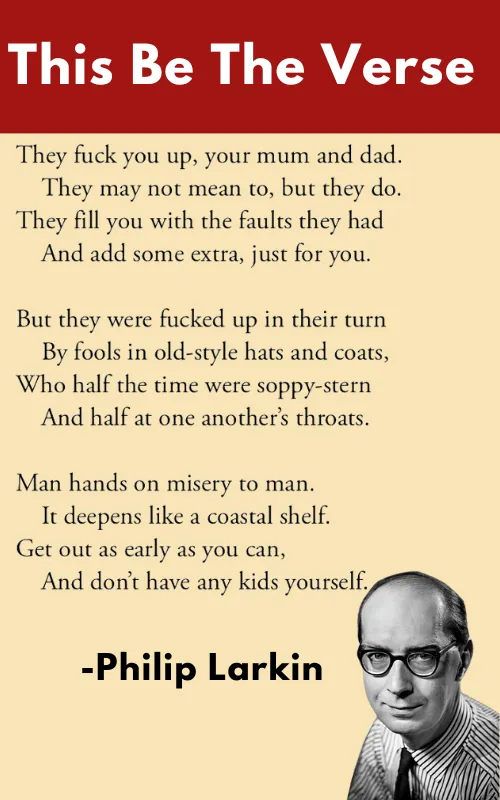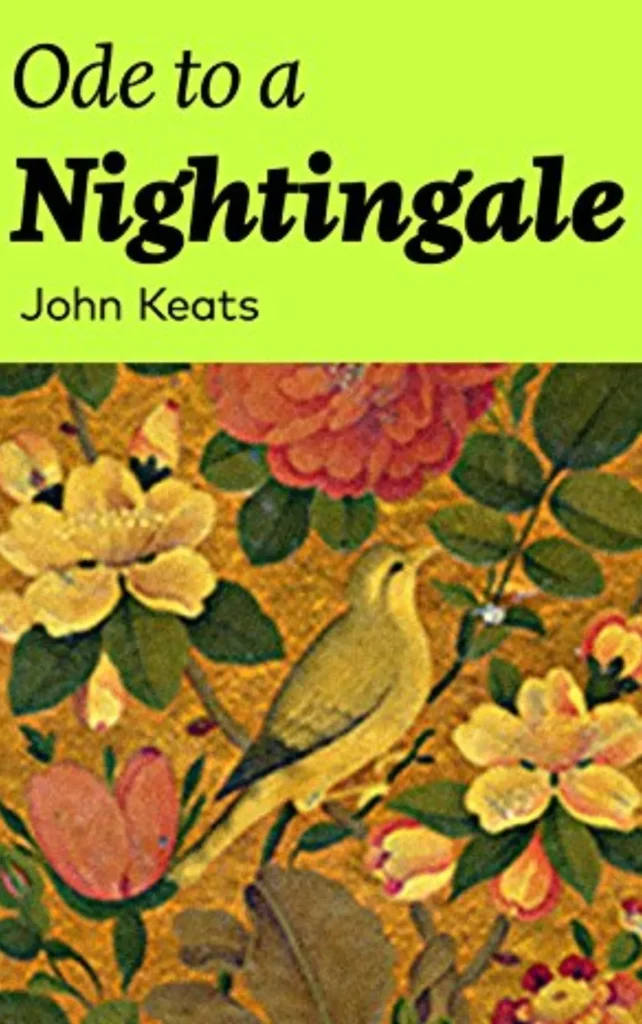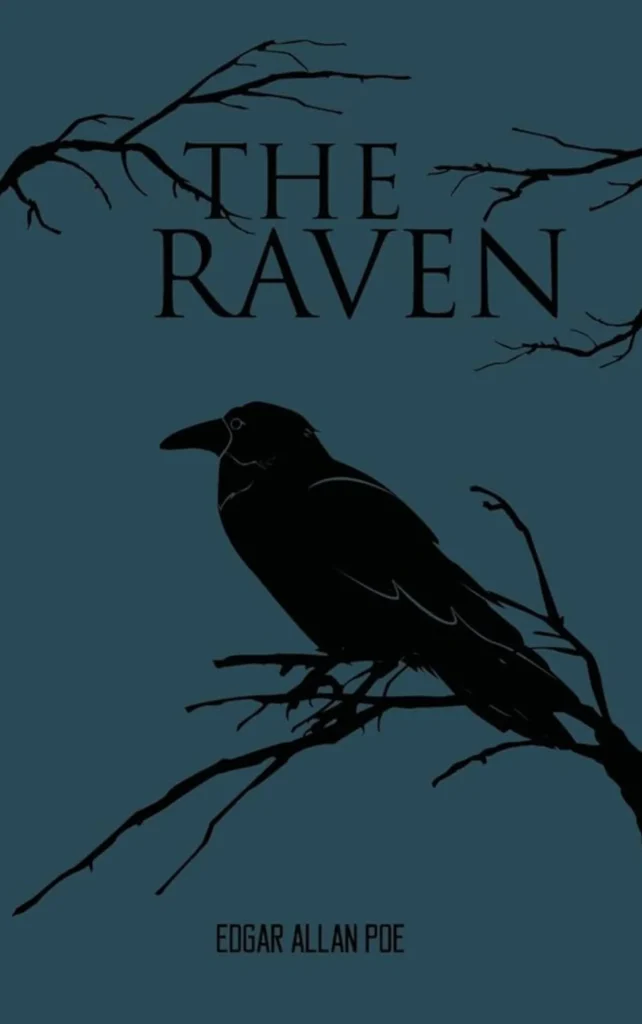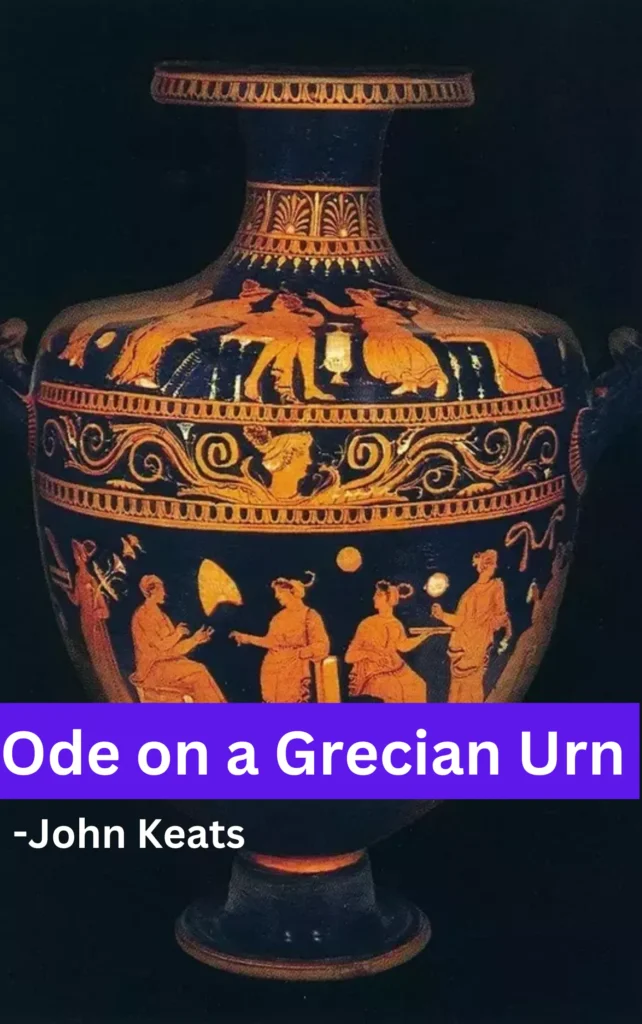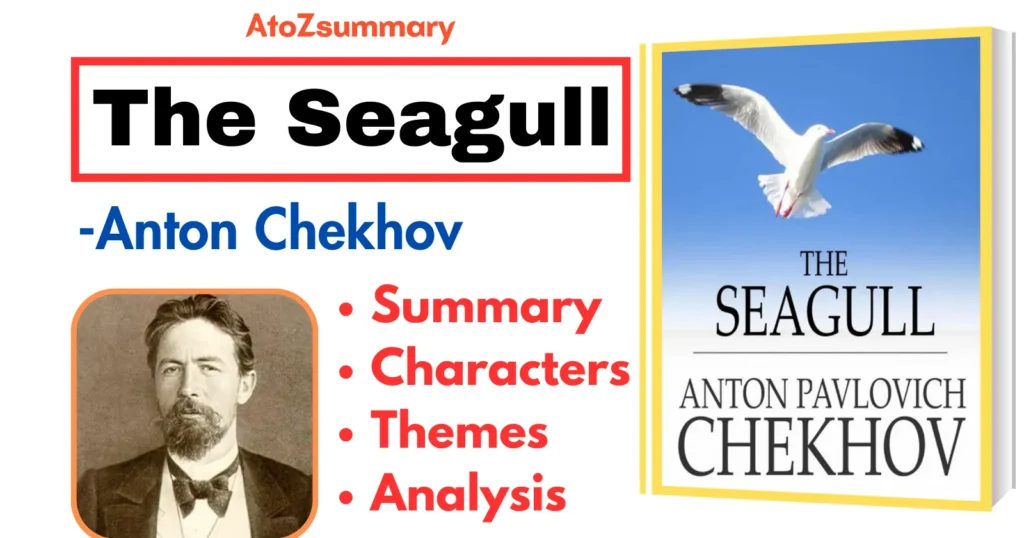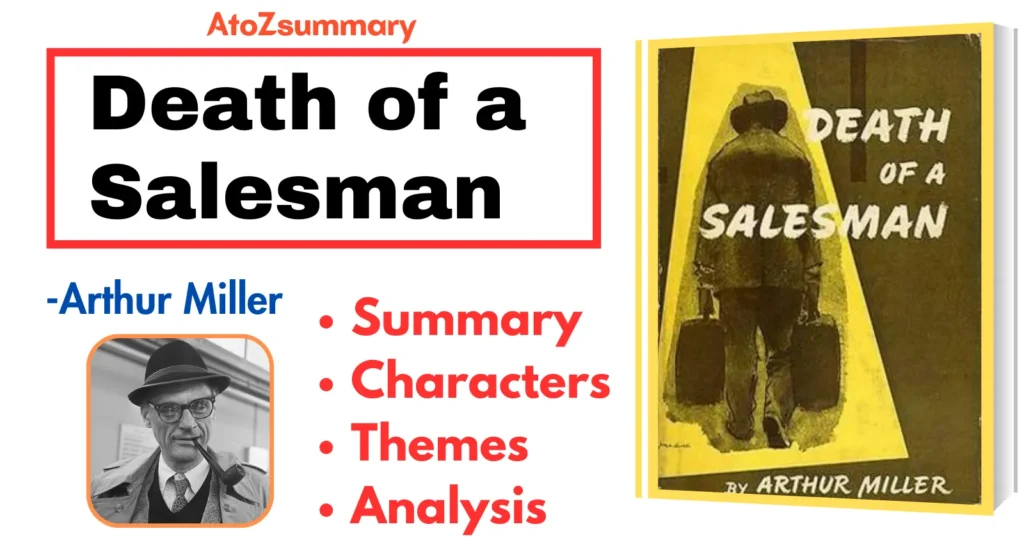About the Poem “This Be The Verse”
| Poem Title | This Be The Verse |
| Author | Philip Larkin |
| Published | 1971 (as part of the collection “High Windows”) |
| Genre | Poetry |
| Theme | Family, generational conflict, influence of parents |
| Tone | Cynical, bleak, and critical of the role of parents in shaping the lives of their children. |
| Form | Three quatrains (four-line stanzas) |
| Rhyme scheme | AABB |
Themes of This Be The Verse
The themes of Philip Larkin’s poem “This Be The Verse” are:
- Generational Conflict ➤ The poem discusses how problems and unhappiness are passed from one generation to the next.
- Parental Influence ➤ It highlights how parents can shape and damage their children’s lives.
- Cynicism ➤ The poem takes a bleak and critical view of family life and parenthood.
“This Be The Verse” Poem by Philip Larkin
They fuck you up, your mum and dad.
They may not mean to, but they do.
They fill you with the faults they had
And add some extra, just for you.
But they were fucked up in their turn
By fools in old-style hats and coats,
Who half the time were soppy-stern
And half at one another’s throats.
Man hands on misery to man.
It deepens like a coastal shelf.
Get out as early as you can,
And don’t have any kids yourself.
This Be The Verse Summary & Analysis
Stanza 1
In the first stanza, the poem starts by bluntly stating that parents mess up their children’s lives. It uses strong language to convey that the problems in one’s life often have their roots in the upbringing by one’s parents. This stanza introduces the idea that parents pass on their flaws and troubles to their children.
Stanza 2
The second stanza goes further by suggesting that this cycle of unhappiness continues from one generation to the next. It describes how the misery that parents experience is handed down to their children, and this unhappiness deepens with time. The stanza emphasizes the lasting impact of parental influence.
Stanza 3
The final stanza delivers a piece of advice, urging people not to have children themselves. It’s a somewhat cynical perspective, implying that by having children, one perpetuates the cycle of unhappiness. The stanza suggests that breaking the chain of parental influence is difficult, and perhaps it’s better not to have children to avoid perpetuating this unhappiness.
FAQs from This Be The Verse
What does This Be The Verse symbolize?
The cycle of misery and suffering that is passed down from parents to children.
Where does the title This Be The Verse come from?
The title “This Be The Verse” comes from Robert Louis Stevenson’s poem “Requiem,” which celebrates the idea of finding happiness and peace in death. Larkin uses the title ironically to suggest that the only way to escape the misery of life is to die.
What poetic devices are used in This Be The Verse?
The poem “This Be the Verse” by Philip Larkin uses poetic devices such as irony, alliteration, and repetition to convey its message.
What is the conclusion of This Be The Verse?
The conclusion of “This Be the Verse” is that misery and suffering are inescapable, and the only way to avoid them is to die without having children.

